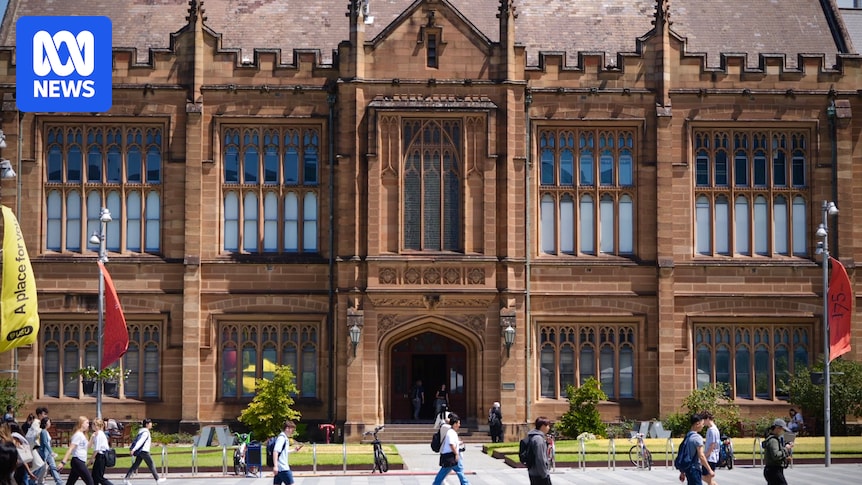
Australia’s top universities have found themselves at odds with their own academic staff after aligning with industry groups to advocate for changes to a key environmental legislation. The Group of Eight (Go8), representing the nation’s leading universities, joined 26 industry groups in a letter to the federal government, seeking to amend environmental protections in a bill currently before parliament. This move has sparked a strong backlash from academics.
The letter, which included signatures from the Minerals Council of Australia, Australian Energy Producers, and the Business Council of Australia, urged Environment Minister Murray Watt and the federal opposition to amend the bill. The industry groups argue that without changes, the environmental planning system could fail to provide investment certainty. Among the proposed changes are reducing the powers of a new Environmental Protection Agency and ensuring faster project approvals.
Academic Outcry Against University Stance
In response, 90 academics from Go8 universities, specializing in biodiversity, climate, and environmental law, have condemned the universities’ stance. They argue that the Go8’s recommendations would weaken environmental protections and undermine academic efforts to safeguard the environment.
“If the bill as recommended by the Go8 is passed, it will certainly undermine the efforts of many hundreds of people in universities working on the environment in all sorts of ways,” the academics stated.
Professor Justine Bell-James from the University of Queensland criticized the Go8’s position, stating it threatens the independence of universities. Professor John Quiggin, also from the University of Queensland, echoed these concerns, calling the move “atrocious” and a threat to the universities’ social license.
Universities’ Justification and Industry Influence
The Go8 defended its position, emphasizing its commitment to environmental protection while advocating for a simplified regulatory framework to avoid over-regulation. The group argues that the current bill could complicate research and infrastructure projects at universities.
“The Environment Protection Reform Bill is a complex piece of legislation, and the Go8’s key focus is to ensure the new regulatory framework does not lead to over-regulation or create unnecessary regulatory complexity for the sector,” the Go8 stated.
However, Brad Jessup, a senior lecturer at the University of Melbourne, challenged the necessity of the Go8’s involvement, suggesting that the universities’ activities rarely trigger the laws in question. Jessup argued that the Go8’s actions appear more aligned with corporate interests than those of its staff and students.
Legislative Implications and Future Outlook
The controversy unfolds as the government aims to pass the environmental legislation within the final parliamentary sitting week of the year. The Coalition and the Greens are pushing for amendments, some of which align with the industry group’s proposals, such as diluting the powers of the new environmental agency.
The Go8’s involvement in the Alliance of Industry Associations, formed to enhance productivity as part of the government’s economic growth strategy, raises questions about potential financial incentives. However, the Go8 did not respond to inquiries regarding financial motivations.
Universities Australia, another prominent university body, opted out of the letter, citing a lack of “direct advocacy mandate.” This decision highlights a division within the academic community regarding the appropriate role of universities in policy advocacy.
As the debate continues, the outcome of the legislative process will have significant implications for environmental governance and the role of academic institutions in shaping national policy. The situation underscores the tension between economic development and environmental protection, a balance that remains a contentious issue in Australian politics.






